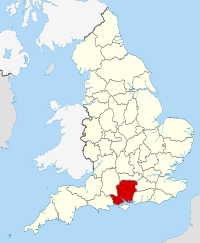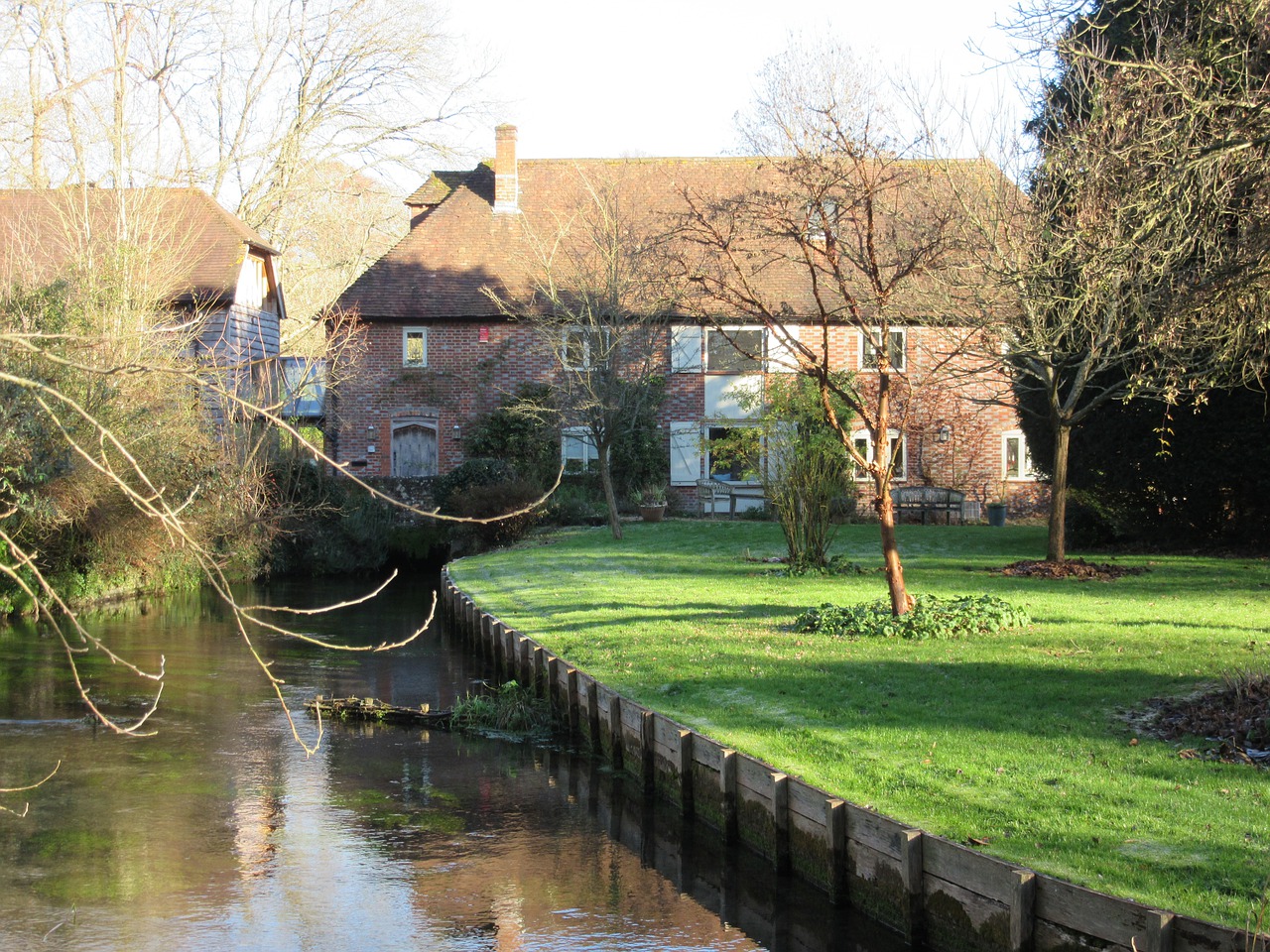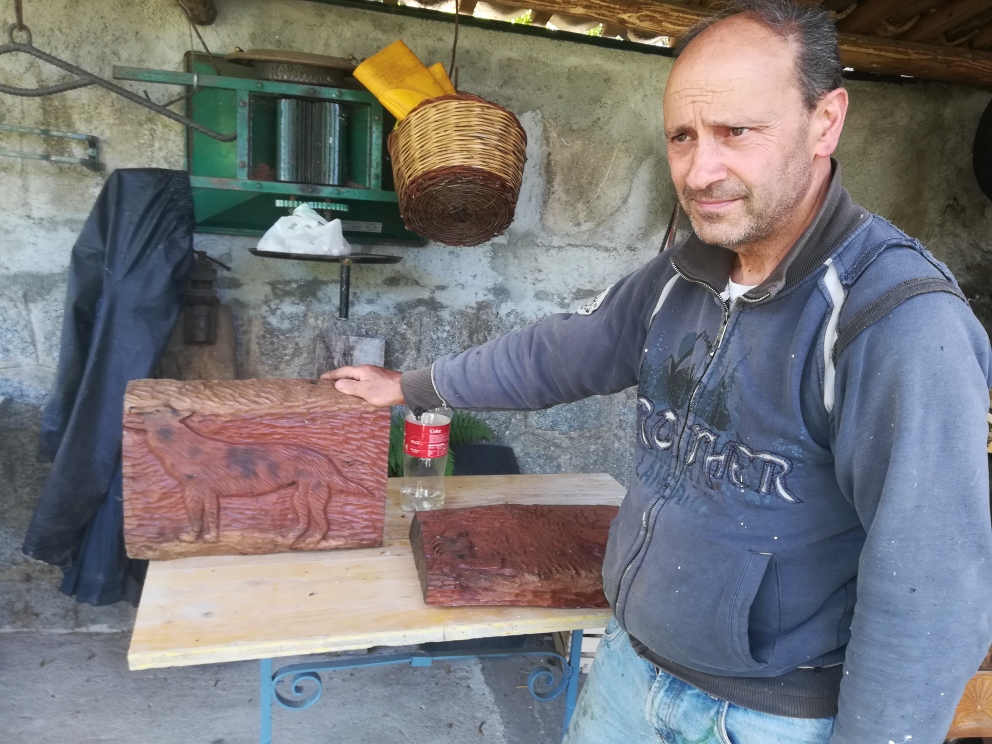English in southern England (also, rarely, Southern English, or in the UK, simply, Southern English) is the collective set of different dialects and accents of the English spoken in Southern England.
The story of the English language in Hampshire is central to the story of the English language itself so it is necessary to start with the story of English. The first thing to say is that it has no real beginning. If we went back to the year 400, just as the Romans were about to leave Britannia, we would already find a few Germanic people speaking the earliest form of what we might call English rather that what we might call Continental English. The proper name for that is West Germanic, the language from which modern Dutch, modern German and modern English have all descended. Cousin languages of West Germanic were North Germanic and East Germanic. East Germanic has died out altogether, but North Germanic has become Danish, Swedish, Norwegian, and Icelandic. (Robinson, O. 248) The original of all of these languages is called Proto- Germanic, a language spoken by a people who arrived in the Scandinavian peninsula perhaps three thousand years ago (Wiik 262-63).

Hampshire, like Berkshire, is also often missed in dialect definitions and placed on borderlines between South East and West England. In country areas and Southampton, the local accent can still be heard amongst some speakers, for example by John Arlott, Lord Denning and Reg Presley although the use of the v sound in “field” has declined. Since the 1960s, particularly in Andover and Basingstoke, the local accent has changed reflecting the arrival of East Londoners relocated by London County Council. It can be argued that Hampshire is a borderline county moving East, linguistically.
In the northeast part of the county, the accent tends to have more of a ‘twang’ that can be hard to place for outsiders, leading people from other areas to even mistake the speaker’s origins as being from Australia, New Zealand, South Africa or Zimbabwe.
In the middle of the Hampshire is the village of Micheldever on the River Dever. In the ninth century the name was recorded as Mycendefr. Linguists think that this is a Celtic name, a remnant of the Britonnic language, a language for which there is surprisingly little evidence in Old English. The meaning appears to be “boggy waters”. The second part of the name, defr, means ‘stream’ in Britonnic. River Dever means then River River. That is not uncommon. Avon and Ouse are also Britonnic words meaning ‘river’ so the River Avon is etymologically also the River River as is the River Ouse. The first part of the name Micheldever, from mycen, Britonnic for bog or dark, later became confused with the Old English word michel meaning great or big. (Ayto 755) The Oxford English Dictionary provides 167 variant spellings of the word between the seventh and the twentieth centuries. A single spelling of the name Micheldever would not have been agreed until the nineteenth century.
The story of the English language in Hampshire is the story of but one county, and there are seventy-seven counties in the United Kingdom. The history of the English language shows that in all of them there is much that is common but that there is also much that is different. The English language is, in fact, extraordinarily varied throughout the British Isles. Hampshire’s story shows both how rich a county’s story can be, and it also shows that there has never been a greater diversity of forms of the English language in the county than there are now in the twenty-first century. Varied as the language is through time and varied as it in space, the fact that the English language has carried unfailingly the meanings of its speakers through all the changes and through all the years of sixteen hundred centuries shows the resilience and the power of human speech. That pattern of constancy in and through change is a source of wonder for linguists, and it should be a source of reassurance for those who fear that the English language might, today, be in a state of decline.
References:
Ayto, John, and Ian Crofton. Brewer’s Britain and Ireland. London: Weidenfeld and Nicolson, 2005.
Coleman, Julie. A History of Cant and Slang Dictionaries: Volume IV: 1937-1984. Oxford: Oxford University Press, 2010.
Robinson, Orrin W. Old English and Its Closest Relatives: A Survey of the Earliest Germanic Languages. Palo Alto: Stanford University Press, 1993.
Robinson, Orrin W. Old English and Its Closest Relatives: A Survey of the Earliest Germanic Languages. Palo Alto: Stanford University Press, 1993.



